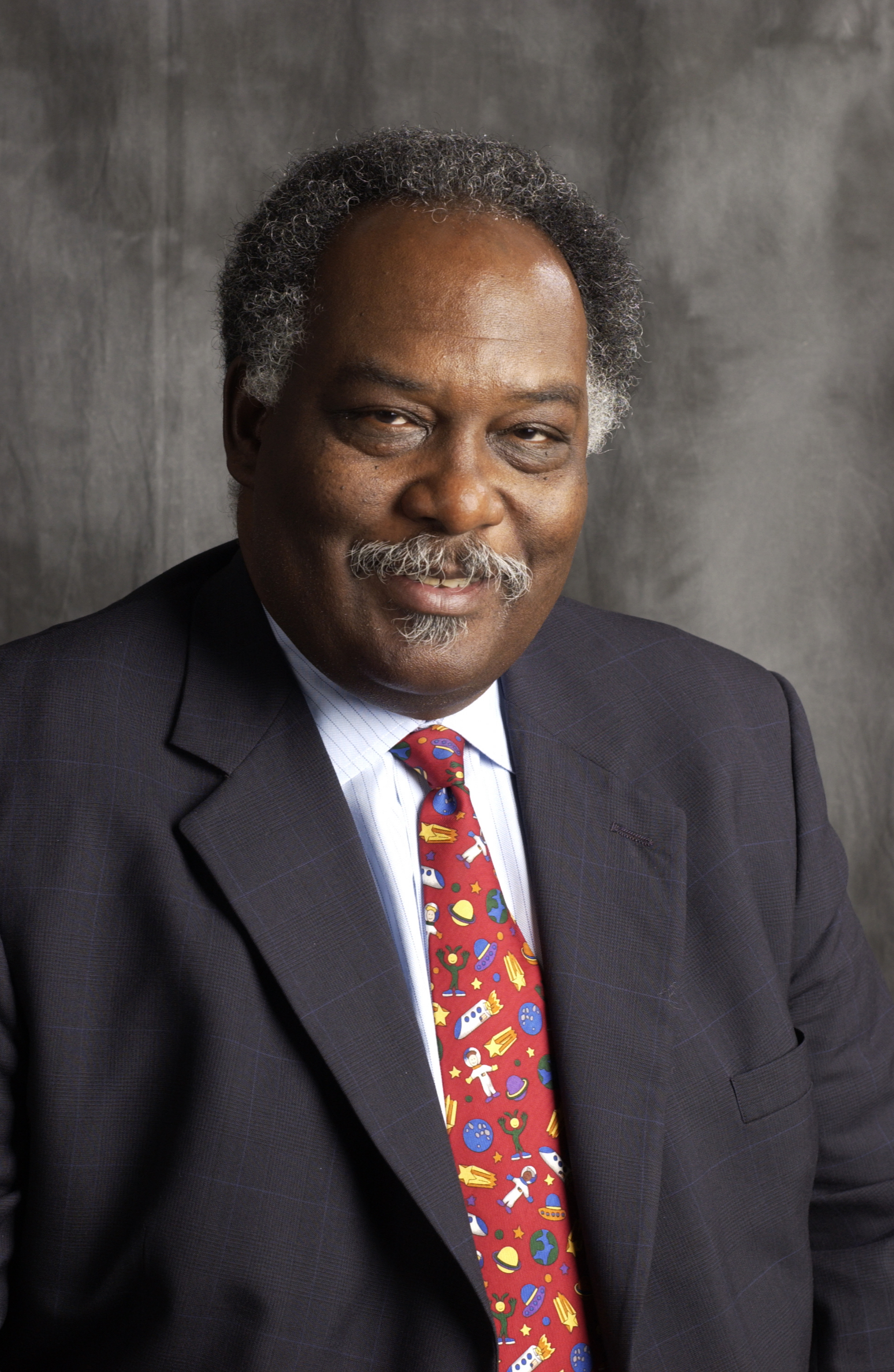
Nashville should seek new public/private partnerships that generate additional revenue sources if the city wants to maximize its economic potential as a sports city, according to a report prepared by the Vanderbilt Center for Nashville Studies.
“The State of Sports in Nashville” offers a situational analysis of where the city stands in the world of sports and what steps could help the city take advantage of additional sports-related opportunities. The report uses data collected by students in the Sports Law course taught by David Williams, professor of law and vice chancellor for university affairs and athletics at Vanderbilt University.
“Our goal was to provide benchmark information for the city’s leaders so that they can develop a strategic blueprint in terms of sports for Nashville going forward,” Williams said. “This was a great opportunity for Vanderbilt law students to work on an applied research project that connects directly to their coursework and is useful to the city that Vanderbilt is proud to call home.”
The first part of the report strives to convey the “landscape” of Nashville as a sports city with its listing of teams and events held during the past decade. There is a complete inventory of all of the athletic facilities owned by the city and area universities, colleges and high schools. In addition, the organizations and governing bodies that manage and promote sports are described.
The second part of the study takes an in-depth look at cities that are comparable or similarly situated to Nashville to see how they are utilizing sports in their communities. The cities that are considered Nashville’s peers for the study’s purposes are Atlanta, Austin, Charlotte, Indianapolis, St. Louis, Tampa and Memphis.
The study’s conclusion has observations and determinations about Nashville’s strengths and weaknesses for expanding its sports presence with respect to the other cities in the report.
Strengths for Nashville identified in the report include its recognizable branding as Music City, a pedestrian-friendly downtown, a strong volunteer base and its convenient geographic location for a large portion of the U.S. population.

In addition, the study praises the Nashville Sports Council as having a very positive national reputation and notes a community synergy among various groups working to ensure “an optimal event experience” concerning sports.
Nashville’s primary weakness is not enough revenue sources, especially public/private funding mechanisms, according to the report. One of the peer cities cited as having strong cooperation between the government and private sector on sports initiatives is Indianapolis. For example, the Capital Improvement Board of Marion County manages the home of the Indianapolis Colts, Lucas Field, among several high-profile athletic facilities. According to the study, the board specifically highlights the importance of private sector cooperation through its operating model.
Another city with multiple and interrelated entities in sports is St. Louis, The St. Louis Sports Commission, an independent, privately funded nonprofit organization, is responsible for attracting, creating and managing major sports events for that region. Meanwhile, the St. Louis Regional Convention and Sports Complex Authority is a governmental body that owns the Edward Jones Dome, home of the St. Louis Rams. While the authority owns the dome, the St. Louis Convention and Visitors Commission, another private organization, manages the day-to-day operation of the facility.
All of the cities that were compared to Nashville have “a solid public/private partnership dedicated to supporting and sustaining sports within that community,” according to the study. However, the form of the partnership can vary widely. “Simply put, there is not one ‘successful’ model. As such, Nashville leaders have the ability to devise a plan and structure that works best for Nashville.”
“The State of Sports in Nashville” is one of many research projects that the Vanderbilt Center for Nashville Studies is overseeing on community-identified issues and needs, according to Whitney Weeks, executive director. “The center is at the intersection of Nashville’s need for policy-level data and information and Vanderbilt’s desire to apply its research expertise to issues of importance to the city.”
The full text of “The State of Sports in Nashville” can be found at www.vanderbilt.edu/vcns.
For more information on the Vanderbilt Center for Nashville Studies, email Weeks at whitney.weeks@vanderbilt.edu.